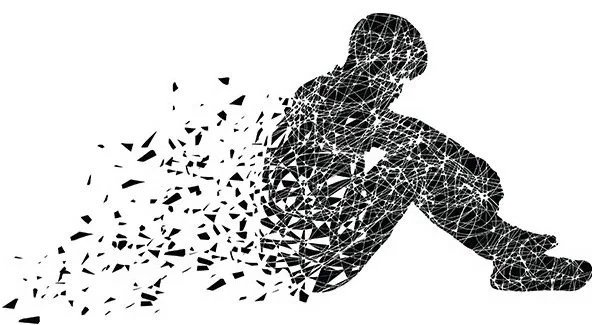Hypnotherapy is widely endorsed as an effective treatment for conditions such as:
Anxiety, Stress, & Fears
Anxiety, fear, and stress are some of the most common and uncomfortable emotions that we can experience at some point in our lives. Anxiety can be brought on by the fear of something that happened, or what we think happened, and the dread that it will again.
While most people will experience a relatively mild form of anxiety when facing a particularly stressful situation (such as an exam or presentation), anxiety disorders are very different.
They can disrupt the day-to-day life of an individual. They can lead to avoiding certain situations, especially if one fears it may be a trigger or even lead to panic attacks.
This can negatively impact a person’s life even further, preventing them from achieving their potential, or even developing personal relationships.
DEPRESSION, TRAUMA & PTSD
Many individuals can experience symptoms associated with depression, and painful traumatic circumstances. Depression, hopelessness and debilitating anxiety are some of the emotions that can linger following traumatic events.
Hypnotherapy has emerged as a credible and effective, evidence-based treatment option for sufferers of depression, trauma, PTSD, and countless other issues that originate in some type of trigger or locked away memory
EMOTIONAL EATING
Emotional eating is an increase in food intake in response to negative emotions. Attempts to lose weight will usually fail due to messages deeply embedded in the subconscious mind, and most often linked to underlying issues, such as anxiety, chronic stress, low self-esteem or a range of issues from a person’s past.
Hypnotherapy works to uncover the root of these negative emotions, and releases their hold on the individual. As confidence and self-esteem levels increase, negative patterns are more readily replaced with positive and healthy ones, which in turn provide a good support for the weight loss process.
LIMITING BEHAVIOURAL PATTERNS
(Insomnia, Anger, Procrastination, Low Self-Esteem...) Behavioural issues or patterns vary greatly, ranging from insomnia, fear of public speaking or nail biting, to lack of self-esteem or procrastination. These are but a few examples of difficulties one may struggle with. The root of most of these issues is fear, which, due to its irrational nature, can be difficult to overcome through analysis.
Hypnotherapy facilitates the access to hidden subconscious files (memories) so that they are available to work with. Through these buried memories we can uncover the cause of the limiting belief.
Once revealed, we can change the way in which the mind feels about a negative memory and its varied associations (whether it is consciously remembered or not) so as to stop these feelings from negatively affecting future experiences.




